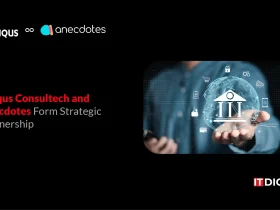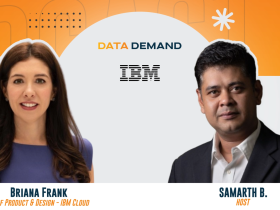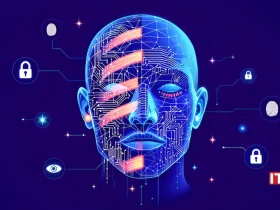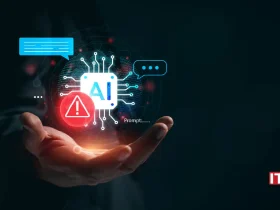In the ever-evolving landscape of technology, quantum programming has emerged as a groundbreaking field that holds immense potential for revolutionizing industries. With the ability to harness the power of quantum computers, this innovative programming paradigm is paving the way for unprecedented advancements in computation, data analysis, cryptography, and more. Let’s get started and learn everything about it.
What is Quantum Programming?
Quantum programming is a specialized field dedicated to crafting software and algorithms tailored for quantum computers. Unlike classical computers relying on bits as 0s or 1s, quantum computers leverage qubits, existing in multiple states simultaneously through superposition. This unique feature enables quantum computers to execute complex computations exponentially faster than their classical counterparts.
These languages incorporate classical control structures like loops and conditional execution, while also allowing the manipulation of both classical and quantum data. Although this technology is in its early stages, the advancements achieved thus far are noteworthy. Leading technology companies, including IBM, Google, and Microsoft, are making substantial investments in quantum research and development.
Also Read: Getting Started with Quantum Computer: A Beginner’s Guide
What are the Applications of Quantum Programming?
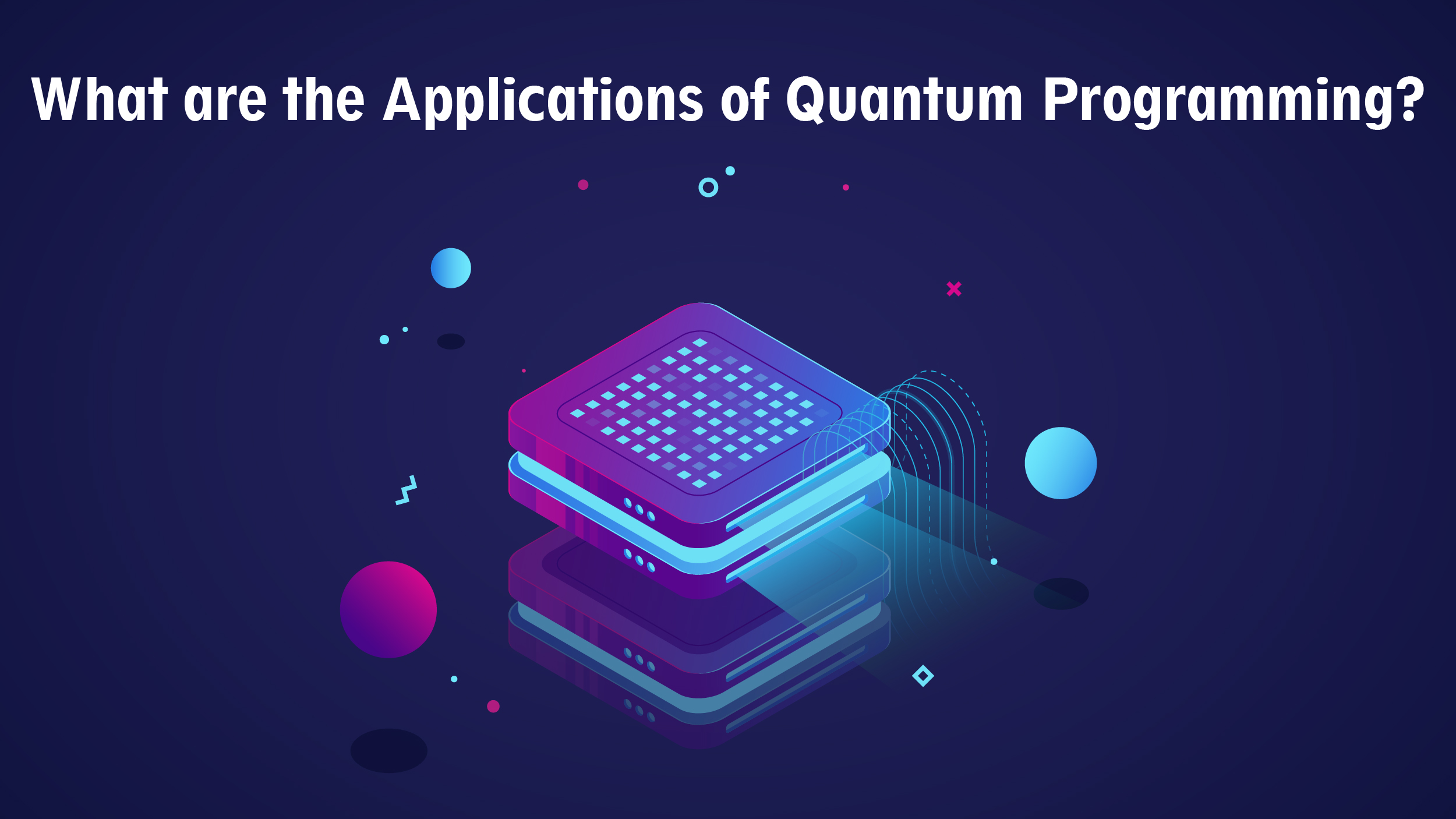 Quantum programming holds immense potential to revolutionize diverse industries, ushering in advancements in optimization, machine learning, cryptography, and beyond. Here are its key applications:
Quantum programming holds immense potential to revolutionize diverse industries, ushering in advancements in optimization, machine learning, cryptography, and beyond. Here are its key applications:
- Optimization: Quantum algorithms, exemplified by the Quantum Approximate Optimization Algorithm (QAOA), offer exponential speed-up in solving intricate optimization problems. Industries like supply chain management, logistics, and financial modeling stand to gain from accelerated and more efficient optimization processes.
- Machine Learning: Quantum machine learning algorithms harness the computational power of quantum computers to process extensive datasets and unveil meaningful patterns. This can propel breakthroughs in drug discovery, recommendation systems, and image recognition, enabling AI programs to navigate vast datasets with unprecedented efficiency.
- Cryptography: While quantum computers pose a threat to existing encryption algorithms, this programming can counteract this risk by developing quantum-resistant encryption methods. This ensures data security persists amid advancements in quantum computing.
- Computational Chemistry: Quantum computing finds promising applications in computational chemistry, where the complexity of quantum states in molecules challenges classical computing memory. Quantum computers can potentially simulate and analyze intricate chemical reactions, significantly aiding drug discovery and material science.
- Communication and Signal Processing: Quantum technologies support communication, global positioning, and signal processing applications. Quantum atomic clocks and ion trap systems, for instance, enhance timekeeping accuracy and synchronization.
- Astrophysics and Condensed Matter Physics: Quantum computing extends its reach into astrophysics and condensed matter physics, facilitating simulations and analysis of complex systems and phenomena.
These applications give a glimpse into programming’s potential growth. As the field progresses, more groundbreaking uses of quantum computing are likely to emerge across various industries.
Exploring Quantum Programming Languages
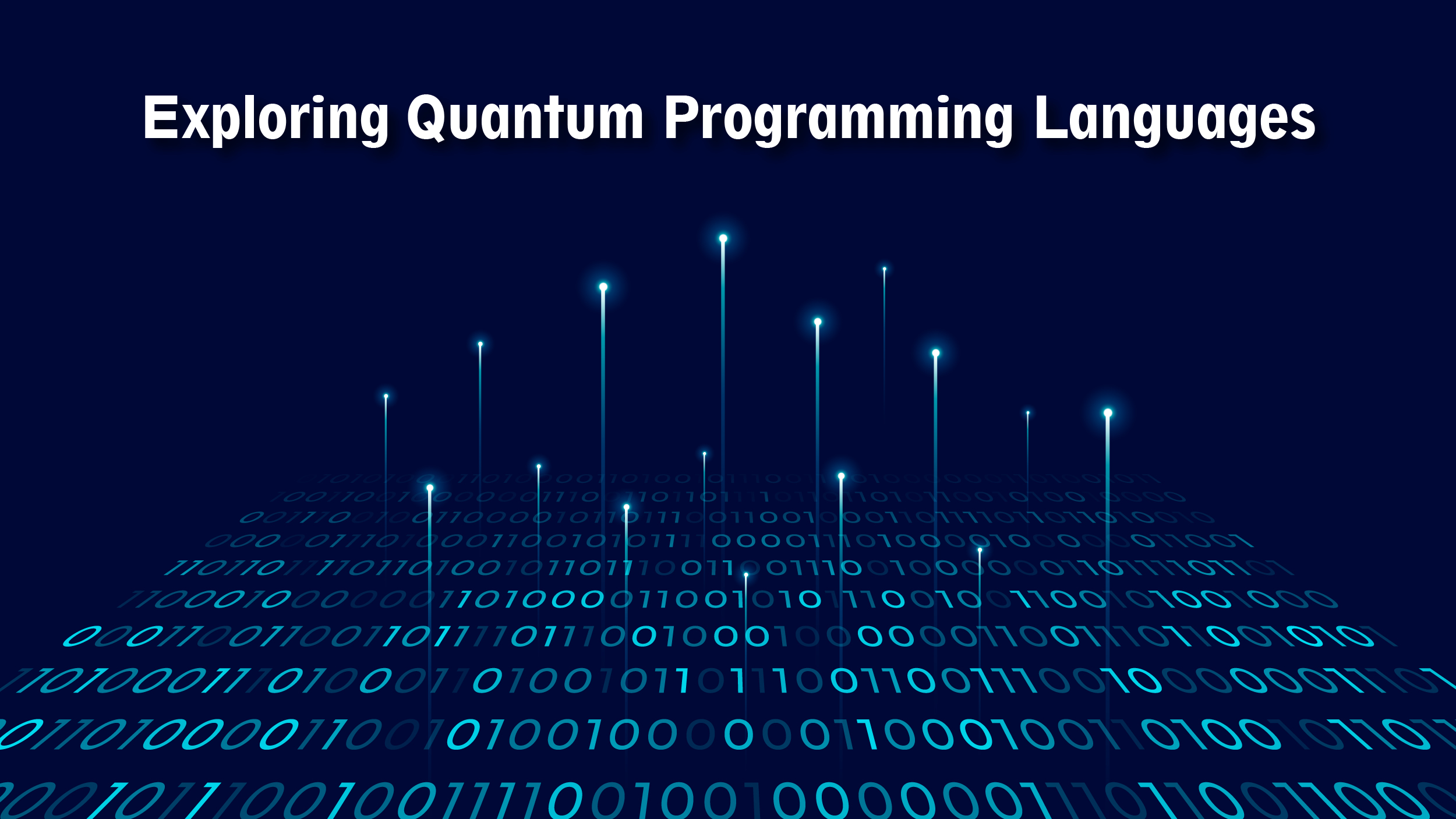 Quantum programming languages are tailored for writing programs on quantum computers, allowing developers to articulate quantum algorithms and manipulate quantum data. Several noteworthy programming languages include:
Quantum programming languages are tailored for writing programs on quantum computers, allowing developers to articulate quantum algorithms and manipulate quantum data. Several noteworthy programming languages include:
- Q#: Developed by Microsoft, Q# is a high-level, domain-specific language integrated with the .NET framework. Compatible with classical languages like C# and Python, Q# employs a high-level, abstract syntax, enabling developers to express complex quantum operations using familiar programming concepts.
- QCL (Quantum Computer Language): Resembling the syntax of C, QCL is an implemented quantum programming language. It incorporates classical control structures and supports operations on both classical and quantum data. Known for its advanced features, QCL is widely used in programming research.
- Quantum Pseudocode: Proposed by E. Knill, Quantum Pseudocode is a formalized language for describing quantum algorithms. It played a significant role in the early development of quantum programming languages, particularly in conjunction with the Quantum Random Access Machine (QRAM) model.
- Twist: Developed by MIT’s Computer Science and Artificial Intelligence Laboratory (CSAIL), Twist is a programming language for quantum computing. It aims to simplify the identification of entangled data in quantum programs, leading to fewer errors and facilitating debugging. Twist provides a language that classical programmers can comprehend, bridging the gap between classical and quantum programming.
These examples highlight the diversity of programming languages, each contributing to the evolving landscape of quantum computing. As the field progresses, more languages and frameworks will likely emerge, further enriching the quantum ecosystem.
Decoding the Relationship between Cryptography and Quantum Programming
The field of cryptography stands to both benefit and face challenges from the advent of quantum programming. Quantum computers have the potential to break existing encryption algorithms, posing a significant threat to data security. This vulnerability arises due to the increased computational power of quantum computers, which can quickly solve complex mathematical problems that classical computers would take centuries to crack.
However, this programming also offers a solution by enabling the development of quantum-resistant encryption methods. By leveraging the principles of quantum mechanics, researchers can design encryption algorithms that are resilient to attacks by quantum computers. This ensures that sensitive data remains secure even in the face of quantum computing advancements. As technology progresses, it holds the key to protecting our digital information in an era of rapid transformation.
Winding Up
Quantum programming opens up a new frontier in technology, offering exciting possibilities for optimization, machine learning, cryptography, and other fields. By harnessing the power of quantum computers, we can tackle complex problems and achieve breakthroughs that were previously unimaginable.









